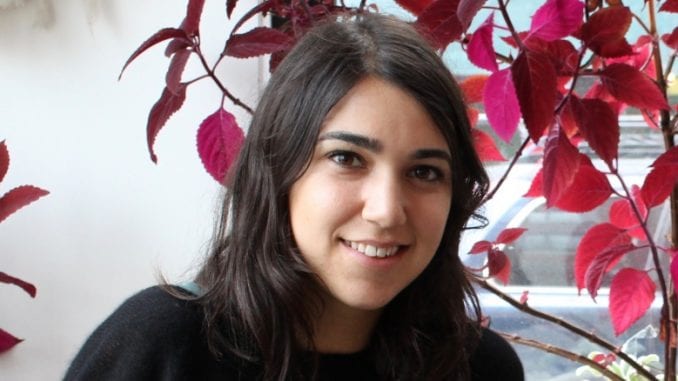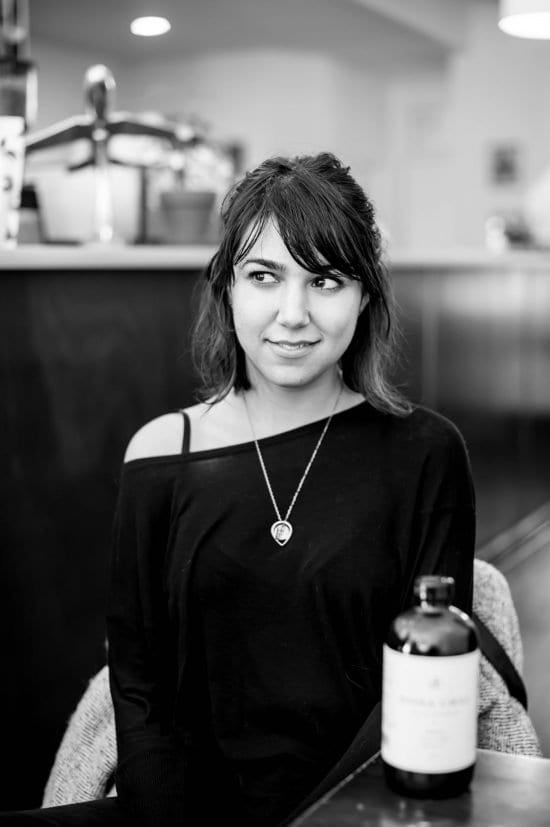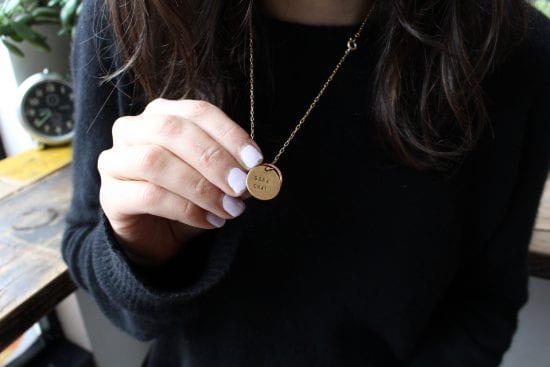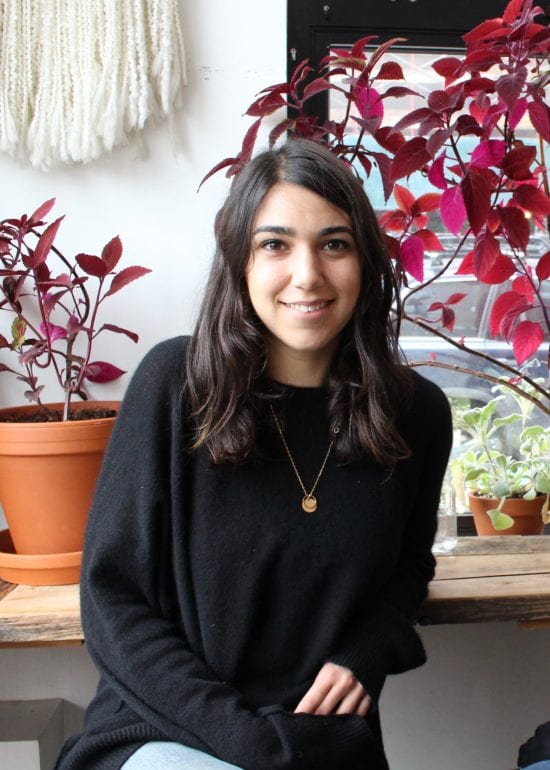
Amy Rothstein had no intention of making chai. Now she owns Dona Chai, one of the leading chai companies in the United States.
BY ASHLEY RODRIGUEZ
BARISTA MAGAZINE ONLINE
Photos courtesy of Amy Rothstein
Amy Rothstein is an accidental entrepreneur. After moving to New York to pursue a degree in food science, she noticed that most coffee shops in the city were using box chai concentrates. This led her to start Dona Chai, one of the leading chai producers for coffee shops and home chai drinkers across the United States. We sat down with Amy to talk about her beginnings, what starting her business was like, and how to approach future growth.
Ashley D. Rodriguez: Tell us about your first experience with coffee that you can remember. Did you family make coffee at home? Did you ever spend time in cafés? Do you drink it?
Amy Rothstein: I always drank coffee—but growing up, it was as a substance (caffeine) rather than as a delicious, high-quality drink.
Five years ago, I moved to NYC for grad school in food studies at NYU. It was shortly after my move that I began exploring the many third-wave coffee shops of the city. I developed a love for unique and independently owned coffee shops. I began to take note of coffee roasters, local bakeries, and milk options. Soon after, I realized that these shops were completely lacking in options for high-quality and local chai concentrate. So, it was through this coffee exploration that I realized I needed to start my company.

Once I began peddling my chai, I truly began to taste coffee. Every barista I talked to (sampling chai or delivering to accounts) would offer me a coffee on the house. I loved it and would always accept, but could not drink that volume of caffeine—in a given day, I’d end up visiting up to 10 cafés. So, unintentionally, I began sampling/cupping different coffees. I’d accumulate a collection of cups in my car and discard the ones that I cared for less. This is how I learned the nuances of coffee and how much of a difference it makes to have a skilled roaster and an amazing barista.
ADR: What interested you about chai? When did you start making your own, and when did you realize you could start a business from it?
AR: I did it backwards. I had never made chai before. It wasn’t a family tradition or my drink obsession. Instead, I saw a gap in the market. I couldn’t believe that in NYC, the biggest city in the country, no one was making chai on a small or local scale. Instead, shops were using the boxed concentrate (often not made with real spices and heavily sweetened), not offering chai, or using teabags (veering from the Indian tradition—creating a quickly steeped, less strong latte).
I then decided that I needed to start a company. I began learning about chai—the history, the traditions, and recipes.
And throughout the process, I have become fascinated with spices for their versatility, growing conditions, and benefits. (More projects in the works!)

ADR: At the time you started conceptualizing Dona Chai, what were you doing? If you didn’t do Dona Chai, what would you be doing instead?
AR: I was in grad school at NYU for food studies. I wasn’t sure of my exact direction. I kind of jumped directly from undergrad to grad school—wanting to examine the food world a little more. Before grad school, I was in Boulder working on a nonprofit farm that worked with educating kids. I also had experience working as a server and a baker, so I was very eager to do something hands-on.
ADR: Talk about starting a business—what was that like? What were some of the most difficult aspects?
AR: Oh god—it was every emotional. It was very strange, empowering, and exciting in the idea phase. The ability to plan out a company and control every aspect was really creative and surreal.
Once I launched, I felt a fierce competitiveness and confidence in my product. And I got really reassuring feedback. The initial interactions I had with coffee-shop owners and baristas is still something I truly value.
It’s been really cool that we have been able to grow so rapidly (doubling our volume every year). But, this is the stressful part. We’re dealing with the problem of growth, sourcing new machinery, a new space, figuring out how to continually improve on all aspects (from sourcing ingredients to our process to our people and our customers). It’s enormously stressful and scary.

ADR: What were some of your earliest successes? What kept you going?
AR: Hmm, just the initial and immediate positive feedback I got from customers and cafés. Even still, getting a compliment along the lines of, “Dona Chai is the best,” or seeing a café advertise “Dona Chai Latte” on their menu, is one of my greatest successes.
At this crazy stage in my business, it’s easy to feel jaded, but it’s a pretty cool accomplishment to realize that I created something that is living out there in the real world.
ADR: What’s your future like? What is the future of chai like? Do you think this is a business you’ll run forever?
AR: I have no idea! We just signed a five-year lease on our new warehouse space in Brooklyn, so I at least know we’ll be there brewing tea for five years. Really excited to see what this new space and location (and larger capacity) brings.
ADR: What have you learned about yourself starting a business? What advice do you have for folks thinking about starting their own thing?
AR: That I put too much pressure on myself. I want to do everything and I want it to be perfect—not realistic. My advice is to not be too hard on yourself. Be brave enough to attempt everything and find successes even in your failures.


Thanks for sharing this inspirational article!